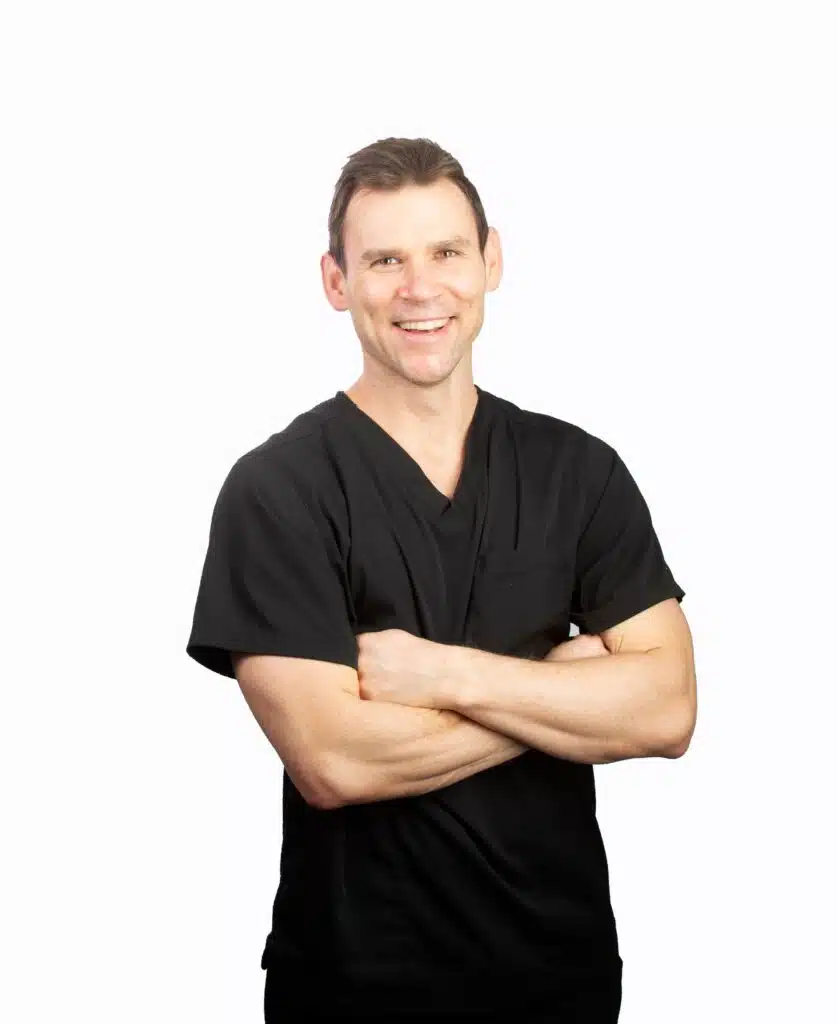Teeth grinding, also called bruxism, is often viewed as a harmless, though annoying, habit. Some people develop bruxism from an inability to deal with stress or anxiety.
However, teeth grinding can literally transform your bite relationship and worse, severely damage your teeth and jaws over long periods of time.
Teeth grinding can cause abrasion to the chewing surfaces of your teeth. This abnormal wear and tear will prematurely age and loosen your teeth, and open them to problems such as hypersensitivity (from the small cracks that form, exposing your dentin). Bruxism can also lead to chronic jaw and facial pain, as well as headaches.
If no one has told you that you grind your teeth, here are a few clues that you may suffer from bruxism:
- Your jaw is often sore, or you hear popping sounds when you open and close your mouth.
- Your teeth look abnormally short or worn down.
- You notice small dents in your tongue.
Bruxism is somewhat treatable. A common therapy involves use of a special appliance worn while sleeping. Less intrusive, though just as effective methods could involve biofeedback, and behavior modification, such as tongue exercises and learning how to properly align your tongue, teeth and lips.
Dr. Kyle Eberhardt enjoys helping patients achieve better overall health through enhanced dental care. He earned his Doctor of Dental Surgery degree in 2007 and has since pursued continuing education in the field of dentistry. He is committed to lifelong learning and has received a fellowship from the Midwest Implant Institute in Ohio. He has also pursued advanced training with CEREC doctors in Arizona and North Carolina.



